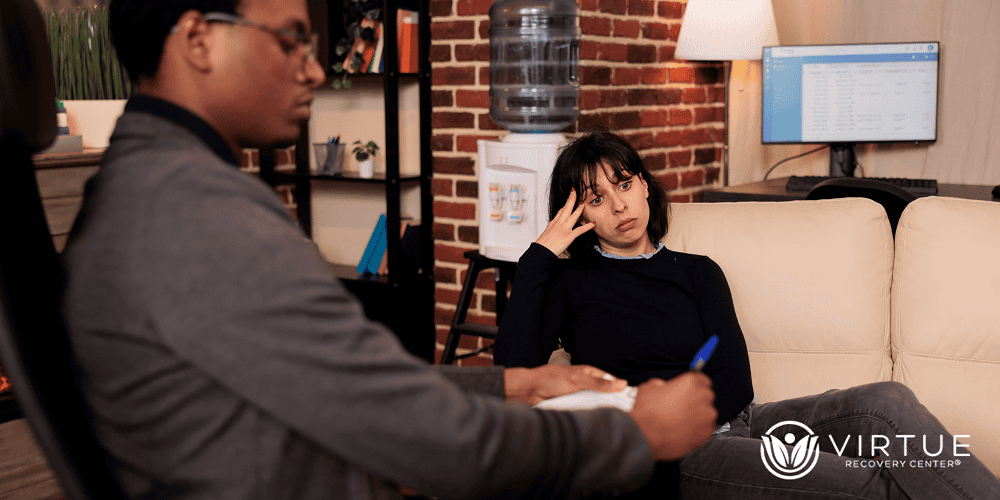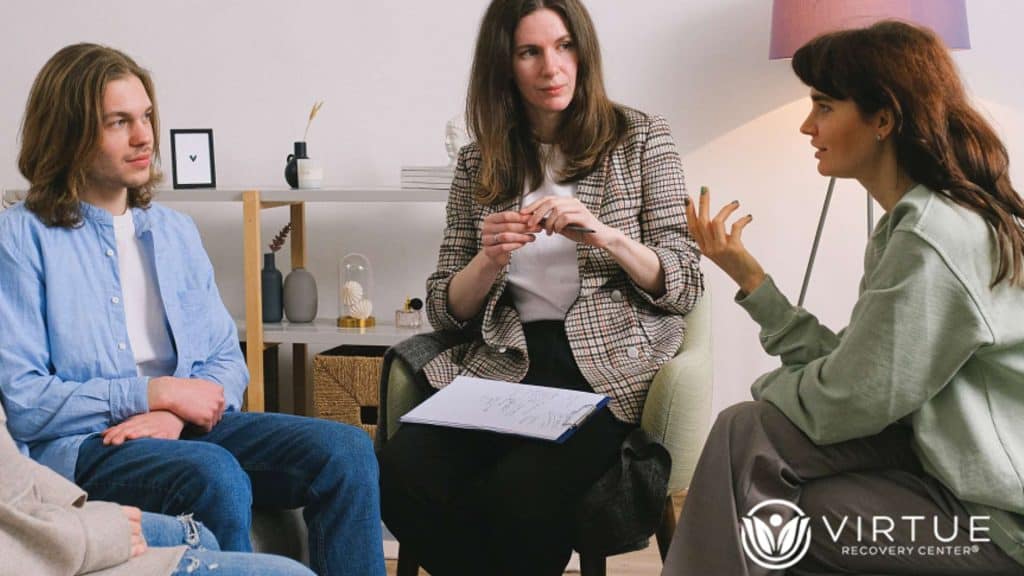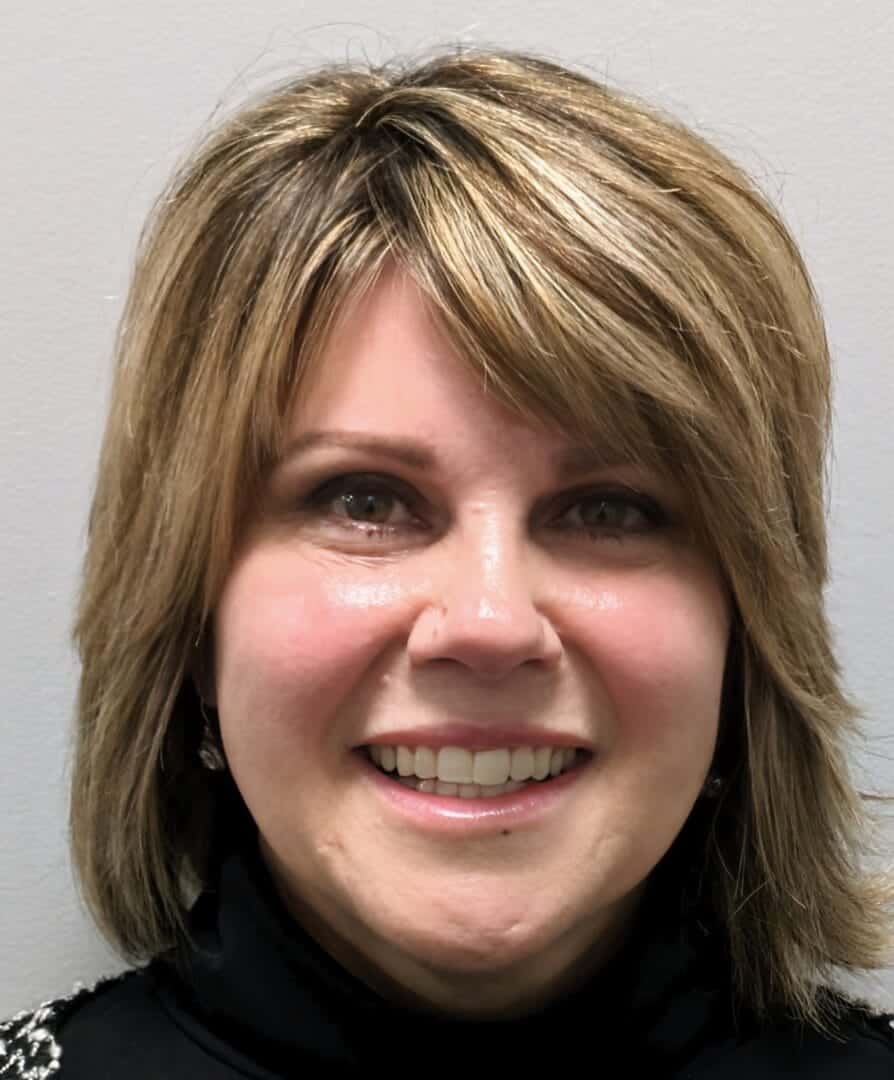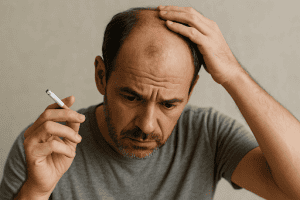Key Takeaways
- Drugs like MDMA, cocaine, and ketamine might make you really want to use them again and again.
- People who get relapse prevention therapy learn how to spot triggers and develop healthy ways to deal with stress.
- Drug detox treatments and therapy, like motivational interviewing, are some of the specialized help that rehab institutions in Chandler, AZ, provide.
- Detox, treatment, aftercare, and community support all work together to help people recover for a long time.
Introduction
People commonly talk about drugs like MDMA (ecstasy), cocaine, and ketamine as ways to have fun, meet new people, and get away from it all in nightlife and party culture. But beneath the flashing lights and music comes a frightening truth: using party drugs over and over again may lead to addiction, mental health problems, and relapse even after treatment. One of the hardest things for people in recovery to deal with is relapse. Drug detox treatments assist in getting drugs out of the body, but to stay clean, you need to use long-term methods, therapy, and self-awareness. This is where therapy for preventing recurrence is vital. Rehab centers offer comprehensive relapse prevention treatment for individuals who require professional assistance. This includes detox, therapy, and relapse prevention measures that are individualized to each person.
Why Are Party Drugs So Hard to Quit?
People frequently think of party drugs as “social” drugs since they are utilized at clubs, festivals, and parties, unlike opioids or alcohol. But this social connection makes them more appealing and comes with its own set of risks:- MDMA (Ecstasy/Molly): It makes you feel euphoric, empathetic, and energetic, but it also lowers serotonin levels, which may make you feel depressed, anxious, and craving following usage.
- Cocaine: Gives you intense, short-lived highs that make you want to take it again and again, and make you mentally dependent on it.
Why Treatment for Relapse Prevention Is Important?
Treatment to prevent relapse isn’t only about staying away from drugs; it’s also about learning how to live without them in places where they used to be necessary. Some of the main advantages are:- Finding triggers: For those who use party drugs, social situations, peer pressure, and stress are all typical reasons for relapsing.
- Coping strategies: Finding better methods to deal with stress, anxiety, loneliness, or boredom.
- Behavioral therapy: Cognitive Behavioral Therapy (CBT) and motivational interviewing help retrain thought–behavior patterns (McHugh et al., 2009).
- Accountability and support: Aftercare and group sessions keep people linked to recovery communities.
What Goes On in a Drug Detox Program?
The body has to be free of drugs before therapy for relapse prevention may begin. A drug detox program gives you medical care to help you deal with withdrawal symptoms safely.- When you stop using MDMA, you may feel depressed, tired, and irritable.
- When someone stops using cocaine, they generally feel tired, want it, and have mood changes.
- People who stop using ketamine may feel anxious and have trouble thinking.
How Motivational Interviewing Helps People Get Better
Motivational interviewing (MI) is one of the best ways to stop people from relapsing. MI is a client-centered treatment that is different from confrontational techniques in that it is meant to:- Think about how you feel about becoming well.
- Make your own drive to change stronger.
- Help people make their objectives fit with their long-term health.

Chandler, AZ, Has Rehab Centers That May Help You Get Well
In rehabilitation, it’s essential to find the proper place. Rehab centers in Chandler, AZ, provide a safe place for people to:- Start with a program to get rid of drugs.
- Get inpatient or outpatient treatment depending on what they require.
- Take part in relapse prevention therapy that is specific to using party drugs.
- Get help with your mental health if you have depression or anxiety at the same time.
Things That Make People Who Use Party Drugs Go Back to Using Them
One of the most important things you can do to avoid relapsing is to know what causes it. For those who are trying to stop using party drugs, some of the most typical things that set them off include:- Social situations: It may seem complicated to go to parties, clubs, and festivals without drugs.
- Peer pressure: Friends who still use drugs may mistakenly (or on purpose) make it easier for you to go back to using.
- Stress: Things that happen every day might make you want the substances that let you escape.
- Loneliness: People who use party drugs may feel like they belong to a group, but without them, they may feel alone.
Making a Plan to Avoid Relapse
Every person’s path to recovery is different, but typical programs to avoid relapse include:- Ways to manage stress daily include writing in a journal, meditating, or exercising.
- Support networks: People you can contact when things become tough, such as sponsors, therapists, and sober friends.
- Healthy routines: Making a schedule for work, hobbies, and relationships that don’t entail drugs or alcohol.
Life After Treatment: Staying Clean for a Long Time
The road doesn’t stop when you leave treatment. Long-term recovery means:- Aftercare services include therapy and group sessions that are ongoing.
- Sober communities: Making buddies who don’t use drugs.
- Relapse prevention refreshers: Going over coping strategies when things become tough.
- Personal growth: Finding interests, jobs, and connections that help you stay sober.
Conclusion
People who abuse party drugs may start out having fun and making friends, but they typically wind up in cycles of dependency, withdrawal, and relapse. Detox gets rid of drugs and alcohol in the body, but relapse prevention therapy helps people deal with the mental and emotional problems that keep them using. People may receive comprehensive treatment at facilities like rehab clinics in Chandler, AZ. This includes drug detox programs and motivational interviewing therapy that help patients succeed in the long run. Don’t wait for another relapse to happen if you or someone you love is having trouble with party drugs. Take the first step toward enduring freedom by calling Virtue Recovery Chandler at 866-338-5779 now.How Can Relapse Prevention Treatment Support Individuals Facing Challenges in Methamphetamine Recovery?
A methamphetamine detox program is crucial for individuals in recovery, offering essential support during challenging moments. It provides coping strategies and tools to manage cravings, ensuring a smoother transition post-treatment. By equipping individuals with the right resources, the program fosters resilience and empowers them to maintain long-term sobriety.
FAQs
What makes party drugs so likely to cause people to go back to using them?
Because they are connected to social situations and psychological needs, it makes it hard to stay away from triggers.Can outpatient programs assist those who are addicted to party drugs?
Yes, people with supportive home situations may benefit from outpatient treatment and relapse prevention techniques.What is an interview to get people motivated?
It is a way of doing therapy that helps people get well by making sure that the treatment fits with their own beliefs and aims.Do treatment clinics in Chandler, AZ, provide detox programs?
Yes, most of them provide complete treatment, beginning with detox and going all the way through therapy and aftercare.Does relapse mean you failed?
No, relapse is a regular part of getting well. People may get back on their feet stronger with the correct preventative methods.Resources:
-
- McHugh, R. Kathryn, et al. “Cognitive‑Behavioral Therapy for Substance Use Disorders.” Psychiatric Clinics of North America, 2009, U.S. National Library of Medicine, https://pmc.ncbi.nlm.nih.gov/articles/PMC2897895/
-
- MedlinePlus. “Drug Use Screening Tests.” U.S. National Library of Medicine. (2023). https://medlineplus.gov/lab-tests/drug-use-screening-tests/
-
- Wisconsin Court System. “Treatment for Stimulant Use Disorders.” 2021, https://www.wicourts.gov/courts/programs/problemsolving/docs/treatstimdisorder.pdf








